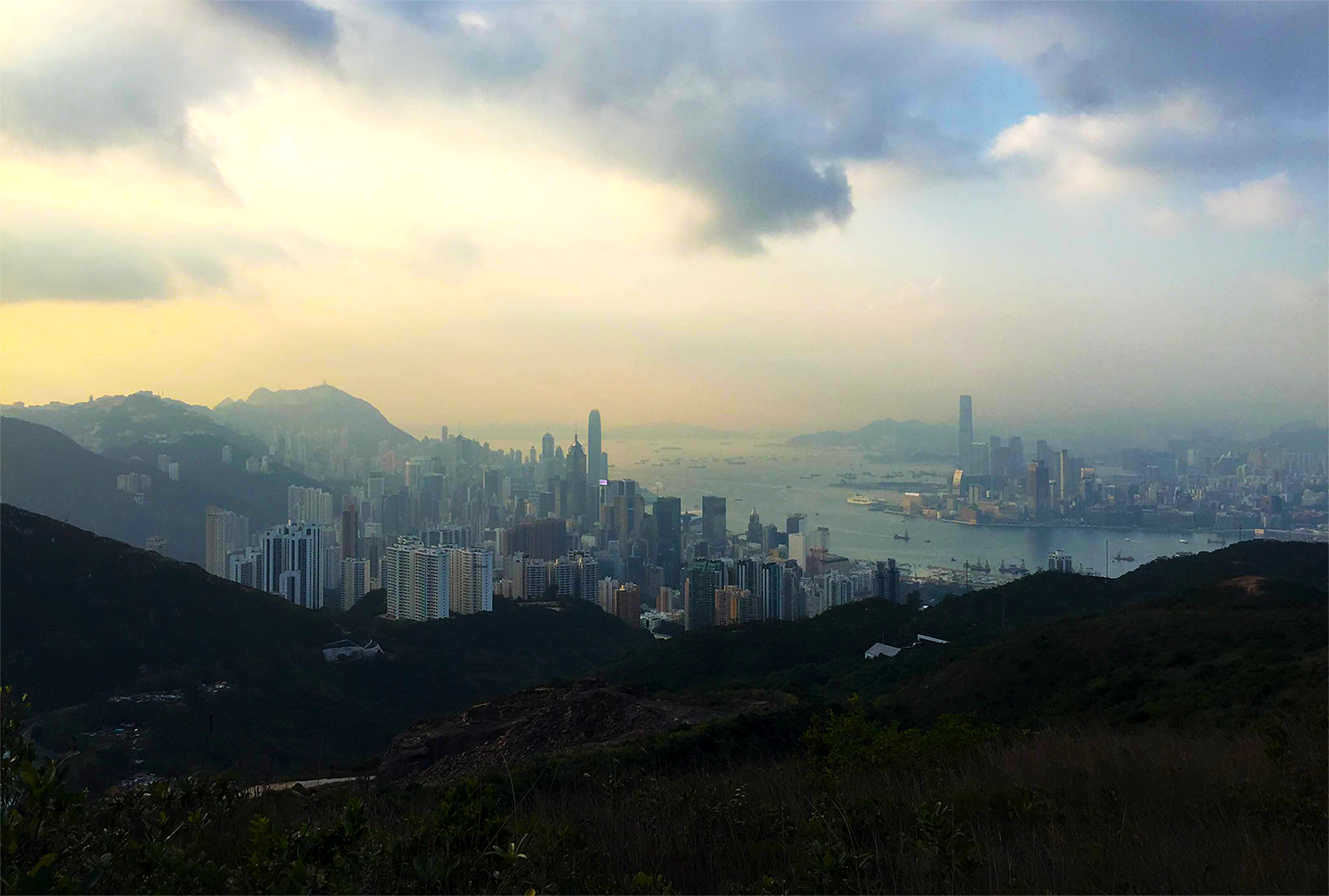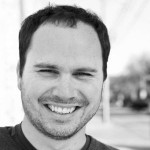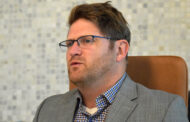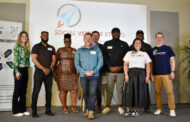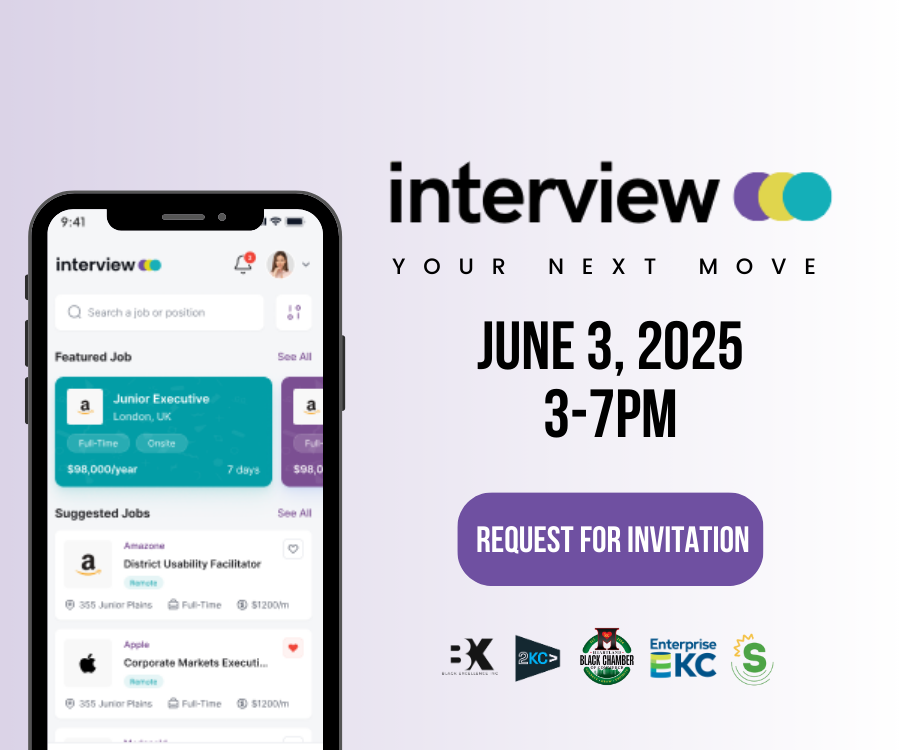Editor’s note: The opinions expressed in this commentary are the author’s alone.
My story began in 2012 as the startup scene in Kansas City was just blossoming.
An ever-expanding group of motivated individuals from diverse backgrounds were launching awesome companies, and tech events were occurring more often and with bigger turnouts.
When Matt Berkland and I started Truckily, we had already worked together on multiple apps and ideas. Most of them were simple tools and some of them were so ridiculous they deserve no mention here. Heading to tech events became the norm, and everyone was working on something disruptive.
The biggest indicator that the Kansas City scene was going mainstream was when our big, local corporations started paying closer attention, sponsoring and hosting events, competitions, incubators and funds.
” ‘Let’s grab coffee’ is a universal phrase in the startup world.”
– Derek Kean
The grass was getting greener!
So why did I pack up my bags and head to Hong Kong? To this day, it just “felt right at the time.”Fresh out of the ARK Challenge Accelerator in Fayetteville, Ark.,
Fresh out of the ARK Challenge Accelerator in Fayetteville, Ark., Truckily was growing steady and had received raised six figures in seed capital. It was just Matt and I, and we were doing pretty well as a team.
During that time, I got married and traveled around the U.S. and Canada to meet food truck owners, spread the Truckily message and get a gist of how other cities operate. “Let’s grab coffee” is a universal phrase in the startup world. It’s not as imposing as a beer, not as dedicated as a game of golf or an entire meal.
While Truckily continued to grow over coffee meetup after coffee meetup, my personal life was also taking off. My wife Yvonne and I wanted to have kids with the advantage of a close family support network. My wife’s family was in Hong Kong and I had previously lived there during middle and high school when my dad’s job took us overseas. Truckily was at a point where it was gaining traction without constant in-person meetings. Moving to Hong Kong made more and more sense, so we went.
Some things don’t change, even across an ocean.
“Let’s grab coffee” was a constant in Hong Kong, too. Everyone at networking events or in passing was always out to grab some coffee. Everywhere coffee. Always.
The first thing that I discovered when I started scouring the startup scene was that developers were needed in any capacity. It was the “Wild West” again, but this time in the Far East. Just as we’re seeing a tech workforce crunch in the U.S., so too are they dealing with it across the Pacific.
“For Hong Kong business owners, there’s no such thing as ‘there’s an app for that.’ ”
– Derek Kean
But some things are definitely different.
There was one huge change in the Hong Kong startup scene: the market was so new that there had been no Unicorns. Unicorns typically spread tons of wealth on acquisition, making new and experienced tech millionaires who are ready to invest in and support the next generation. There have been no huge exits to get the ball rolling for a true startup community. Hong Kong may have a ton of money, but not much of it is going toward tech founders.
As a result, being an entrepreneur — or the employee of an entrepreneur — wasn’t the money-making prospect it was in the U.S. It’s getting better, but to this day there is still a large difference in pay between startup employees in nearly any U.S. city and Hong Kong. It’s a road block that keeps some of the best away from town.
Despite the struggle many developers face when job-searching in Hong Kong’s startup world, it’s not impossible. A couple coffee meetups, and I had myself a solid consulting job.
Tried-and-true methods still dominate the business world.
“Conversations may start with ‘let’s meet for a cup of coffee,’ but now they end with a rather large wholesale order.”
– Derek Kean
My first Hong Kong gig was on the operations team of a local version of the reservation booking site OpenTable. That was my first glimpse into a whole new food and beverage tech market. It’s so different from the U.S. that it was, and still is, frustrating.
Hong Kong culture often is so pragmatic and frugal that it holds back innovation until it has been absolutely proven to save buckets on the bottom line. Even then, people don’t usually trust new tech until a huge company embraces it, making it the norm.
For example, pen and paper are still the go-to tools for restaurant reservations, despite the mobile era ushering in new opportunities for booking applications. For Hong Kong business owners, there’s no such thing as “there’s an app for that.” To them, apps are just another expense when tried-and-true methods still work.
But still, Kansas City (again) on the horizon?
Easy. Coffee.
There was a new addition to our family, my daughter Leia. A severe lack of sleep led my wife and I to demand more and better coffee than what we could find locally.
Banding together with a few friends, we began importing coffee to Hong Kong from awesome small roasters in the U.S. We started with Kansas City-based Thou Mayest and Oddly Correct, searching out new roasters in different cities every month. This turned into its own business, and is still growing each month. Conversations may start with “let’s meet for a cup of coffee,” but now they end with a rather large wholesale order.
Hong Kong has six million people. Most drink tea, and when they do drink coffee, it’s usually at coffee shops and offices. We’ve adapted to this market quite well, but the adventure isn’t the same when you have to focus on larger orders with fewer roasters.
In a chat with my parents, my mom said, “Hey Derek, that’s cool, but the U.S. has 400 million people, 80 percent of whom drink coffee, and almost all of those 80 percent drink coffee at home.”
Blinded by a lack of sleep, my wife and I explored how to position this concept, especially since our next kiddo had arrived. We realized we wanted more space for our little crazies to run around. Space isn’t something you have in a city like Hong Kong, but the U.S. is full of it.
So Boxo was born, with Kansas City as the perfect headquarters. We chose Kansas City not just because it’s grown leaps and bounds since the Truckily days, but because it is located so close to the middle of the country. Shipping is easy to gauge. As a mainly logistics operation, that’s extremely important.
But also (and mostly) because it’s home. Thank you for continuing to grow the green grass; I look forward to grabbing a cup of coffee with you.
Derek Kean is CTO of Foodie Magazine and a co-founder of food truck software platform Truckily and coffee subscription service Boxo. Follow Kean on Twitter @derekkean.



